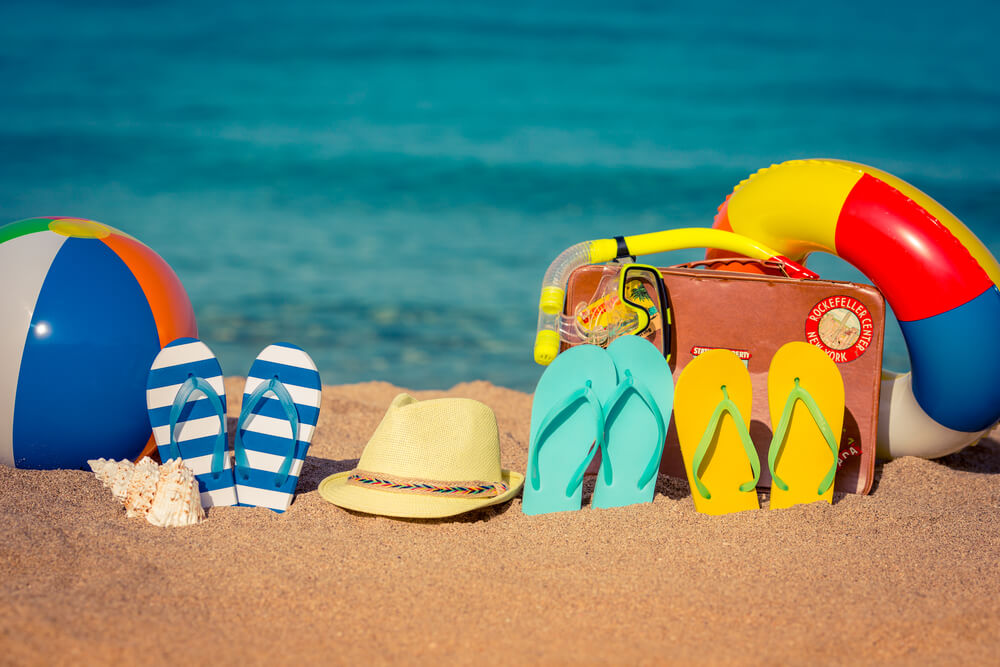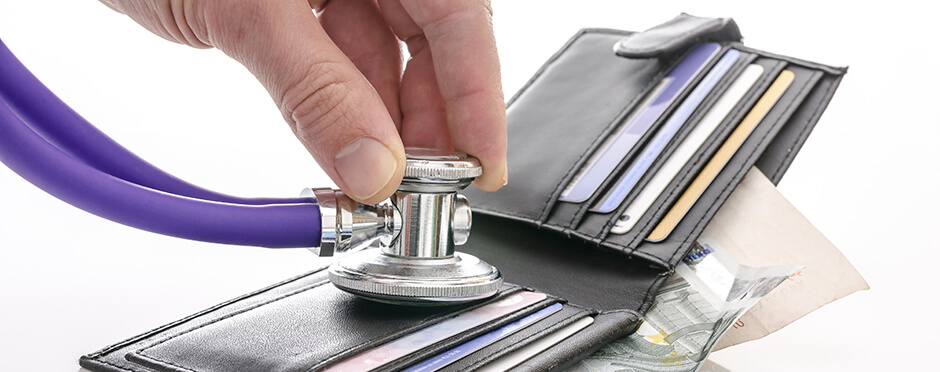
Health and wellness July 1, 2016 By
It’s summertime, which means it is time for all of those fun outdoor activities like trips to the lake, hiking, swimming, fishing, cookouts and more. The summer is perfect for spending time with friends and family, but safety always comes first – especially when children are involved. A first aid kit is the perfect accessory for all of your outdoor adventures.
Around Water
- Always swim with a buddy or group, even adults, and only swim in designated areas, preferably supervised by a lifeguard.
- Young children can drown in an inch of water. Never leave them unattended around water, even if they are wearing floaties or a life jacket or are playing in a baby pool or sprinkler.
- Assign a designated adult to watch the children while swimming, and take turns as needed. Young children should always be within arm’s reach.
- Swimming pools are the most common place for drowning in young children. Keep them fenced off and empty baby pools when not being used.
- Have children wear a life jacket that’s the right size for their weight while boating or on the dock.
- Learn the basics of CPR. Even if you cannot attend a complete class, know what to do in case you need to save a life.
In the Sun
- Wear a broad-spectrum sunscreen with at least SPF 15; consider SPF 30 or higher when spending time in the sun. Reapply often, at least every two hours, especially while swimming.
- Apply sunscreen before bug spray if you need both.
- Protect your eyes with sunglasses, your lips with a lip balm with sun protection, and your scalp and ears with a hat or sunscreen.
- Use spray sunscreen for hard-to-reach areas such as your back, but take care not to inhale the spray.
- Replace sunscreen every at least every three years or by the expiration date on the container.
- Stay in the shade as much as possible.
When It's Hot
- Your body needs more water than normal in the heat, especially when you are sweating. Plan ahead to have water with you and ready to drink.
- Keep a few emergency bottles of water in the car.
- Plain water hydrates better than juices, fruit drinks or soda. Alcohol can make you more dehydrated.
- Avoid heavy work or exercise during the hottest parts of the day.
- Carry water for pets and never leave them in the car on hot days, even with the windows cracked. Avoid having dogs walk hot pavement, which can burn their paws.
- To keep from forgetting children in the car, place your cell phone, wallet or purse in the backseat as a reminder.
- Know the signs of heat stroke, including nausea, rapid breathing, racing heart rate, headache, and mental signals such as a change in behavior, slurred speech, or confusion.
Bugs that Bite
- It can be uncomfortable to wear long sleeves and pants in the heat, but cover as much of your body as possible to avoid being bitten.
- Choose bug repellent that has been registered with the Environmental Protection Agency.
- Keep bug repellent away from children. Don’t allow them to handle the container or get it on their hands.
- Only apply bug repellent to exposed skin.
- Watch for skin rash and wash off immediately if you see a reaction to bug repellent.
- Check for bed bugs in hotel rooms by looking under the sheets near the seams. Keep luggage and clothing off the floor. Notify the hotel manager if you wake up with itchy bites.
- Check yourself and children from head to toe for ticks. If you find a tick, remove with tweezers and swab the spot with alcohol.
- Keep an antihistamine and hydrocortisone handy in case someone has an allergic reaction to a bug bite.
We hope that you and your family avoid all of these summer bummers, and have a safe, healthy, and happy summer!




